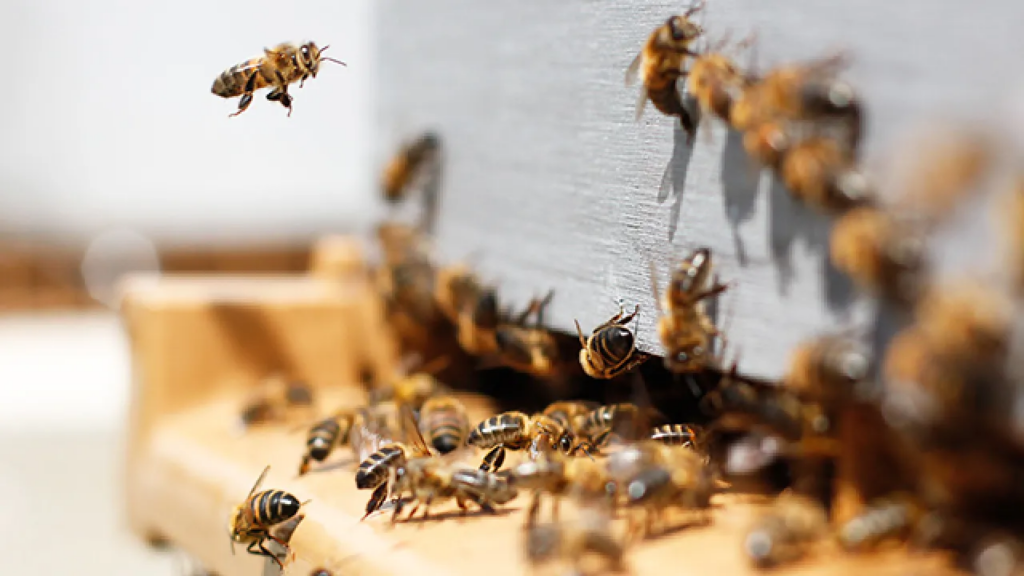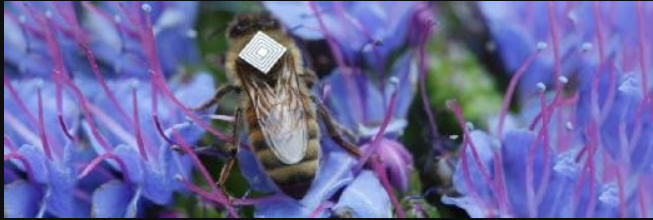The bee, butterfly, and other pollinator populations have plummeted in recent decades, jeopardizing food security. In response, Sateliot, the first firm to run a low-Earth orbit nanosatellite constellation with 5G standards, has partnered with S4IoT to introduce the world’s first remote beehive and pollination monitoring solution.
According to Ohio State University, only 15% of beehives are monitored, even though pollinators contribute $500bn a year to global food production.
Beekeepers may use BeeWaze to track beehive temperature, weight, humidity, and local weather online. During crop blossoming, farmers may track bee flow per minute and day to check pollination.

Beekeepers and farmers without internet connection can use Sateliot to track bees and pollination.
Farmers can check the beehives pollinating their crops, saving time and money.
BeeWaze promises to reduce cost, a major barrier to connectivity. Sateliot noted that connecting to traditional satellite operators previously required buying antennas, signal receivers, and connection services for each device, which was expensive.
Sateliot’s 3GPP standard protocol allows IoT devices to switch to the satellite quickly when the cellular network is down. Standard roaming arrangements with the user’s existing carriers allow this at a charge equivalent to typical mobile networks.
Sateliot’s network covers isolated places, crop fields, mountains, and oceans without terrestrial access. The common protocol will enable widespread 5G IoT service rollout without confinement or price increases.
Sateliot partnered with Sensefinity for asset tracking to launch global 5G-IoT satellite connectivity for sea containers in January 2023, enabling data transmission from 1,000 smart containers that could save medium shipping companies up to $1.4m per year on maintenance and repairs.
Sateliot CEO Jaume Sanpera explained that the new technology can reduce beehive monitoring in rural locations. “[With S4IoT], we provide affordable and more reliable technology along with the commitment to help beekeepers save their bees, which are very important part of our ecosystem and the basis of the global food chain.”


